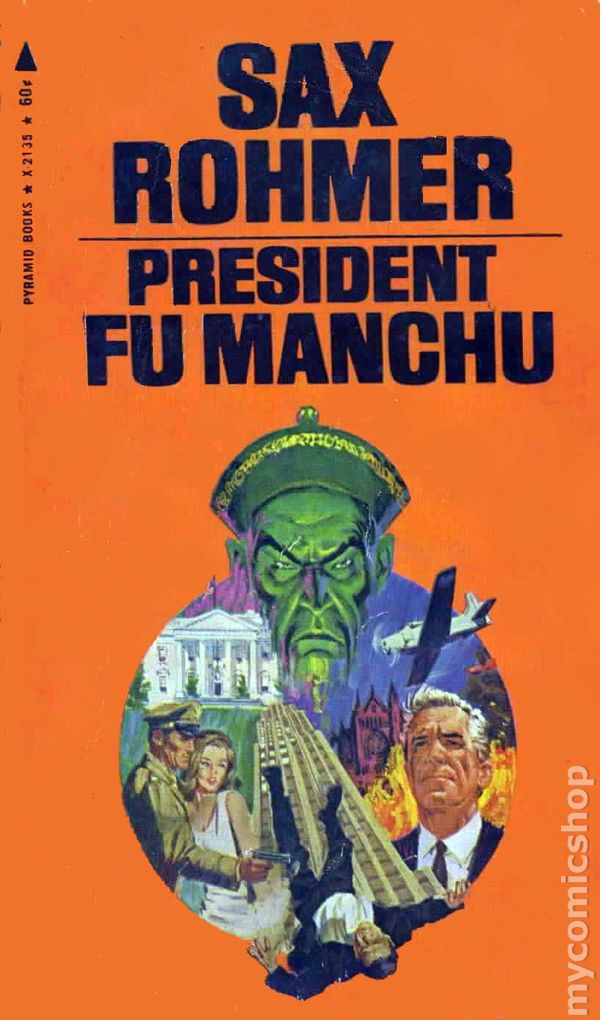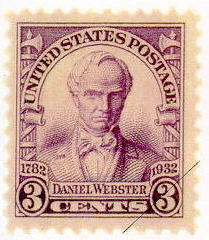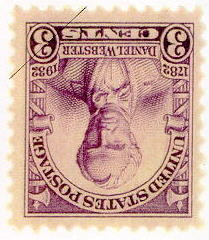Blogging Sax Rohmer’s President Fu Manchu, Part Three

 Sax Rohmer’s The Invisible President was originally serialized in Collier’s from February 29 to May 16, 1936. It was published in book form later that year by Cassell in the UK and Doubleday in the US under the title President Fu Manchu. The novel is the first in the series to fictionalize real events with characters based on familiar figures in the US in the 1930s such as Huey Long and Father Charles Coughlin. More than one critic has noted the story may have influenced the classic Cold War conspiracy thriller The Manchurian Candidate.
Sax Rohmer’s The Invisible President was originally serialized in Collier’s from February 29 to May 16, 1936. It was published in book form later that year by Cassell in the UK and Doubleday in the US under the title President Fu Manchu. The novel is the first in the series to fictionalize real events with characters based on familiar figures in the US in the 1930s such as Huey Long and Father Charles Coughlin. More than one critic has noted the story may have influenced the classic Cold War conspiracy thriller The Manchurian Candidate.
The presidential debate is the centerpiece of the book and is masterfully played out by Rohmer. Abbot Donegal turns up and is taken into protective custody by the FBI. Dr. Prescott attends the debate at Carnegie Hall and, thanks to his having been drugged by Fu Manchu earlier, makes a complete shambles of countering the progressive candidate, Harvey Bragg. The audience at Carnegie Hall and those listening around the country to the radio broadcast are shocked at how badly the conservative candidate loses the debate.
As the triumphant Bragg tells the press afterwards that he will transform the United States and then the rest of the world, one of his union backers, Paul Salvaletti, clicks off the names of the continents. As he says “Asia,” Herman Grosset’s brainwashed programming clicks into gear. He brandishes a pistol and shoots and kills Harvey Bragg on the spot. Bragg’s security guards turn their weapons on Grosset and shoot him dead seconds later.
The entire nation is stunned by the assassination and so were readers, for Rohmer had carefully convinced them that Orwin Prescott was the target of assassination and not Fu Manchu’s handpicked candidate. It is a masterful move by an author who was appearing tired and spent with finding variations on an old formula. Not only does the MK Ultra-style brainwashing foreshadow The Manchurian Candidate, the entire sequence eerily predicts the Kennedy assassination and the conspiracies that followed in its wake.

 What the reader understands before Smith and Hepburn is that the assassination of Harvey Bragg was a masterstroke following his winning the presidential debate. He is more revered in death as a progressive martyr than he ever could have been in life, where his womanizing would have been his undoing. Paul Salvaletti, his devoted right-hand man, humbly steps up as his successor and the reader understands that this was Fu Manchu’s plot from the beginning. Orwin Prescott’s political ambitions are finished and with the conservative party in disarray, the voice of the American people cries out to the progressives for direction.
What the reader understands before Smith and Hepburn is that the assassination of Harvey Bragg was a masterstroke following his winning the presidential debate. He is more revered in death as a progressive martyr than he ever could have been in life, where his womanizing would have been his undoing. Paul Salvaletti, his devoted right-hand man, humbly steps up as his successor and the reader understands that this was Fu Manchu’s plot from the beginning. Orwin Prescott’s political ambitions are finished and with the conservative party in disarray, the voice of the American people cries out to the progressives for direction.
Meantime, Rohmer makes a clever variation on Karamaneh’s story where she was bound to Fu Manchu by the life of her comatose brother. More tragically, the widow Moya Adair has a four year old son, Robbie, who has been abducted by Fu Manchu. She is permitted to visit him, but knows that if she fails in her assignments or betrays the Si-Fan, she will never see her son again. Moya shares her terrible secret with Mark Hepburn and the revelation is a heart-rending one that makes his devotion to Moya and her servitude to the Si-Fan all the more compelling.
Conspiracy theorists take note that the book uses Watergate as the key to Fu Manchu’s downfall nearly forty years before it brought down the Nixon administration. Coincidence aside, Fu Manchu’s Watergate is a literal one and not a hotel. Sir Denis and a party of FBI agents raid Chinatown, searching for Fu Manchu’s base by infiltrating it through its watergate. Nonetheless, it is jarring to see the word as a chapter title in a book so eerily prescient about U.S. politics of the second half of the last century.
There is a masterful scene where the Council of Seven assembles in Chinatown and Paul Salvaletti, a Caucasian who studied at the Rache Churan monastery where Fu Manchu was trained, addresses them as the man who will take the Si-Fan to greater heights as president of the United States. The meeting is cut short when Fu Manchu is informed Sir Denis has breached the watergate. The Council of Seven quickly disperses, although Mark Hepburn very nearly brings Fu Manchu to justice as he is abandoning his Chinatown base.
While Smith and Hepburn begin to unravel the truth behind Salvaletti and Bragg’s assassination, the reader is casually informed that Salvaletti is now involved with Lola Dumas. Again, Rohmer takes dramatic shortcuts that would play out better if actually dramatized as scenes in the book. There is a lovely moment for conspiracy theorists where Hepburn spies an inverted three-cent Daniel Webster stamp and recognizes it as the likeness of Fu Manchu. Much as conspiracy theorists forever recognize Masonic and Illuminati icons and images in currency, Rohmer plays the same trick here. Interestingly, an actual look at the inverted stamp does at least reveal a grotesque face.
There is a nice sequence where Mark Hepburn awakens from a dream and nearly murders Sir Denis by administering a lethal injection. It is Fey who saves Smith from death and Sir Denis realizes that during his brief encounter with Fu Manchu, the Devil Doctor managed to hypnotize Hepburn. This scene will recall the similar one in the early books when Dr. Petrie nearly shot and killed Smith under similar post-hypnotic suggestion.
As the novel reaches the final act, Sir Denis realizes the only possible way to unseat Paul Salvaletti from the White House is to utilize Abbot Donegal. If the populist radio priest will take to the air waves again and reveal the truth, there may be time to change the hearts and minds of the American people before Election Day.
William Patrick Maynard was authorized to continue Sax Rohmer’s Fu Manchu thrillers beginning with The Terror of Fu Manchu (2009; Black Coat Press) and The Destiny of Fu Manchu (2012; Black Coat Press). Next up is a collection of short stories featuring an original Edwardian detective, The Occult Case Book of Shankar Hardwicke, The Triumph of Fu Manchu, and a hardboiled detective novel, Lawhead. To see additional articles by William, visit his blog at SetiSays.blogspot.com
[…] Blogging Sax Rohmer’s President Fu Manchu, Part Three […]